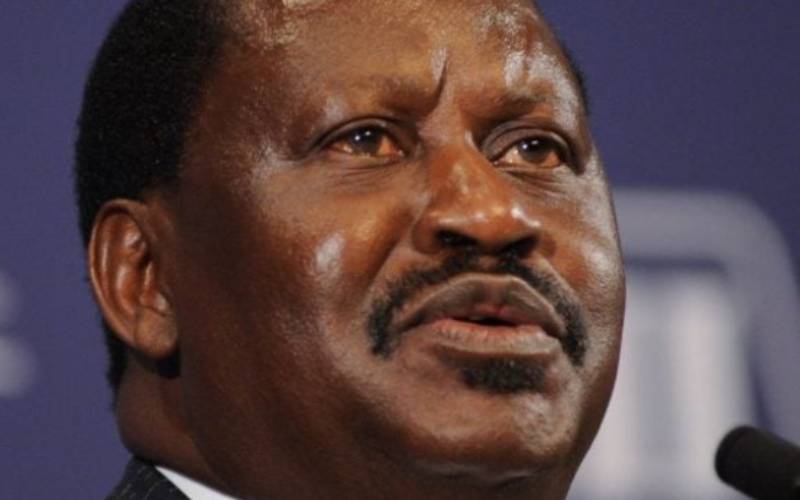×
The Standard e-Paper
Kenya’s Boldest Voice

Raila Odinga has run for presidency four times: in 1997, 2007, 2013 and 2017. [File, Standard]
Orange Democratic Movement (ODM) leader Raila Odinga is today expected to officially declare his 2022 presidential candidature.